1Should ripe bananas be stored in the refrigerator?
Many people wonder if it’s okay to store ripe bananas in the refrigerator. The answer is yes, as long as you do it correctly. Refrigerating bananas can help them last longer, preserving their nutrients and ensuring the health of your family.
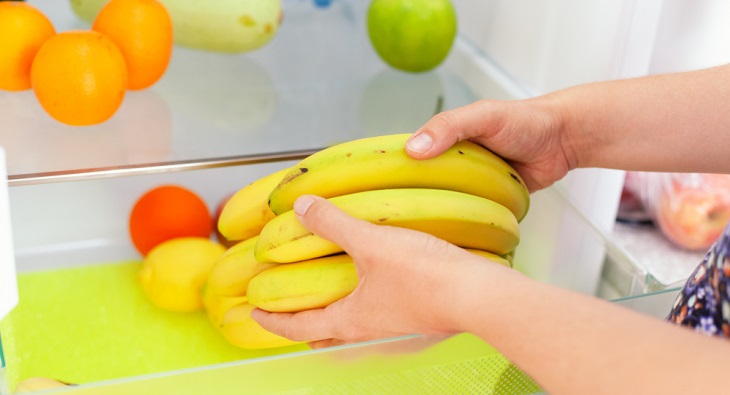
2Tips for choosing fresh ripe bananas
When selecting ripe bananas, follow these tips:
- Choose bananas with small black spots or green and yellow fruit with wrinkled skin or yellow skin with pink spots. Avoid bananas that are too big.
- Avoid shiny, bright yellow bananas or bananas with flawless skins. Forced ripe bananas tend to have yellow fruit but green stems and tips. Look for evenly ripe bananas throughout the bunch, with thick, yellow, living stems and slightly firm texture.
- Place the bananas in a zip bag and seal it tightly.
- Store the zip bags in the refrigerator at a temperature of 2 – 3 degrees Celsius.
- For bananas with skin: Place them neatly in zip bags and store them in the freezer for about 3 – 4 months. Note that the banana skin may turn black in the freezer, but the inside of the banana will still be fine.
- For peeled bananas: Arrange them on a tray lined with wax paper, ensuring they are well-spaced to prevent sticking. Store the tray in the freezer for about 2 months.
- Avoid storing bananas directly in the refrigerator without any protection, as the cold temperature can cause the bananas to ripen quickly and turn black.
- Do not refrigerate green bananas, as they will not ripen properly and may turn black.
- Before refrigerating, you can soak the bananas or sprinkle fresh lemon juice on the skin to prevent them from turning black.
- Keep ripe bananas separate from other fruits in the refrigerator, as the ethylene gas from the ripe fruit can cause faster ripening and spoilage.
- If you choose to store bananas outside the refrigerator, keep them in a cool, dry place or hang them up.


3How to store ripe bananas in the refrigerator
How to store ripe bananas in the refrigerator using zip bags
To store ripe bananas in the refrigerator, follow these steps:

How to store ripe bananas in the refrigerator using plastic wrap
If desired, you can also wrap the bananas with plastic wrap, focusing on wrapping the stem tightly. This method helps prevent mushiness or breaking when the bananas become overripe.
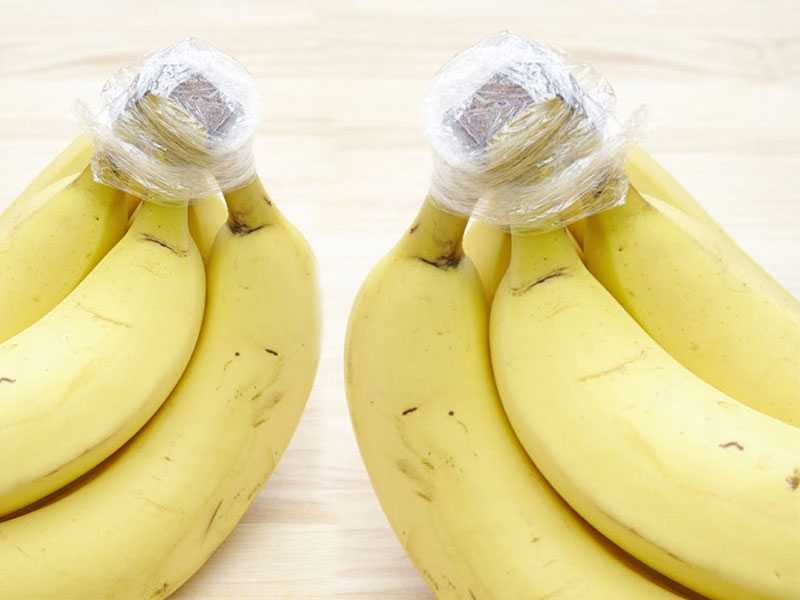
How to store ripe bananas in the refrigerator in the freezer without discoloration
For longer storage, you can freeze ripe bananas with or without the skin:
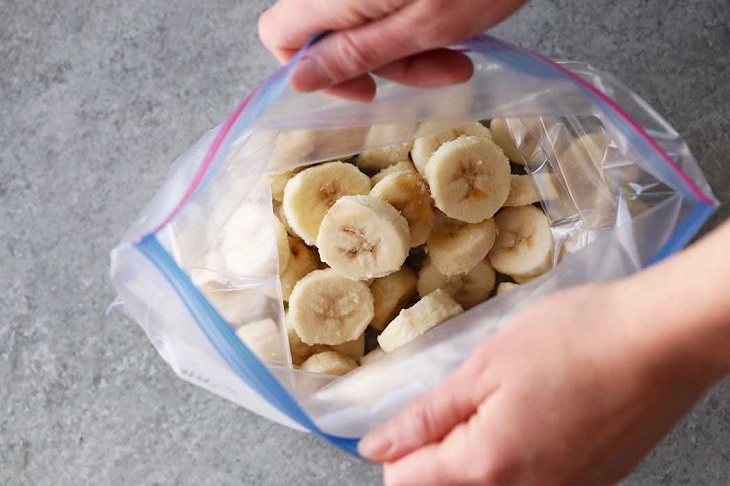
How to store boiled bananas in the refrigerator
Boiled bananas can be stored in the refrigerator for 2 – 3 days. Simply place them in the refrigerator to make them softer and tastier. If you can’t finish eating them, store them in a zip bag in the freezer and thaw when ready to eat.
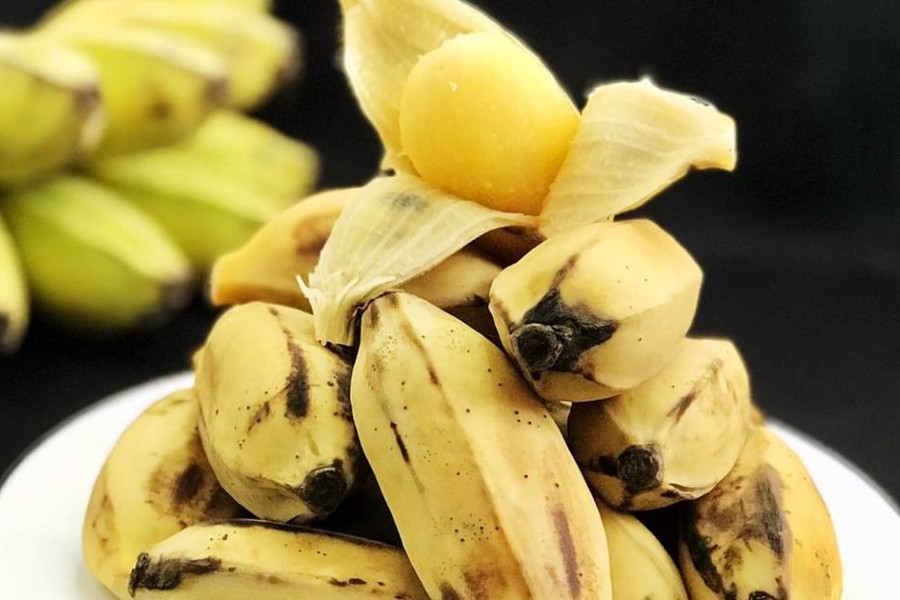
4Some notes when storing ripe bananas in the refrigerator
When storing ripe bananas in the refrigerator, keep the following tips in mind:
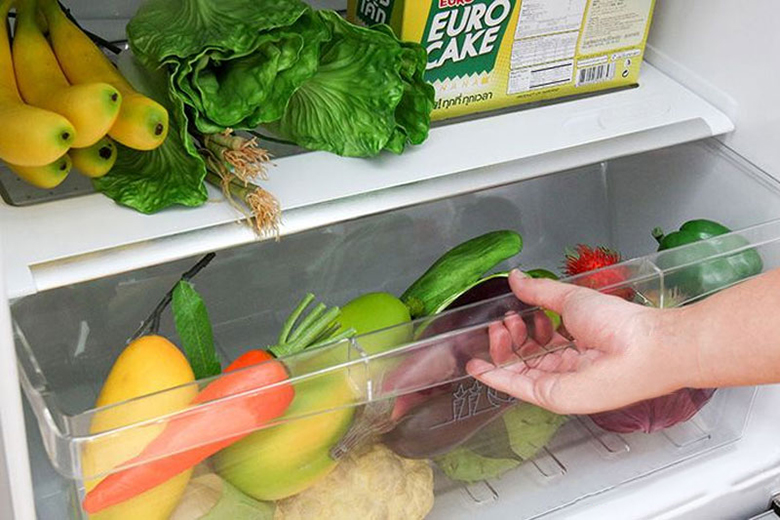
5Some suggestions for dishes made from ripe bananas when you can’t eat them in time
If you have ripe bananas that you won’t be able to eat in time, consider making these tasty dishes:
Banana ice cream: Slice or mash the bananas and pour cooked coconut milk over them. Top with roasted peanuts and freeze for 8 – 12 hours before serving.

Dried banana: Peel the bananas, slice them in half, press them, and arrange them on a tray. Dry for 2 – 3 days to make chewy, sweet dried bananas that can be stored for 2 – 3 months.

Fried banana: Peel the bananas, coat them with frying flour, and fry them in hot oil for 5 minutes. Enjoy delicious fried bananas as a snack.

We hope these tips help you store ripe bananas in the refrigerator properly. If you have any questions or comments, feel free to leave them below!
Is Refrigerated Leftovers Linked to an Increased Risk of Cancer?
Dr. Lam Van Man, Head of Research, Development and Technology Transfer Department of the Institute of Safety Food, has warned of the risk of food poisoning when reheating leftovers from the refrigerator. But what should we be aware of when it comes to the possibility of these leftovers causing cancer? Here, we explore what the experts have to say on the matter and offer some tips for safe eating.




































